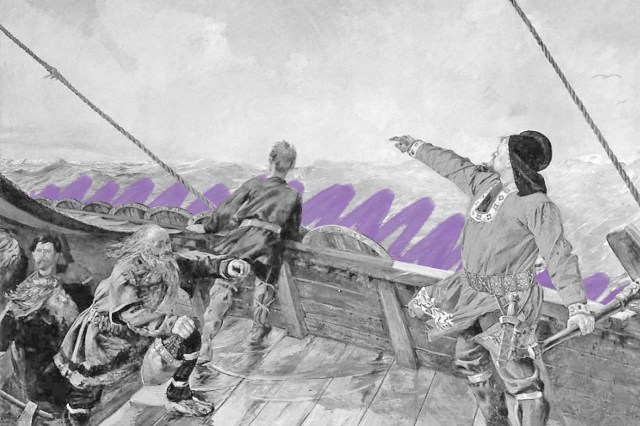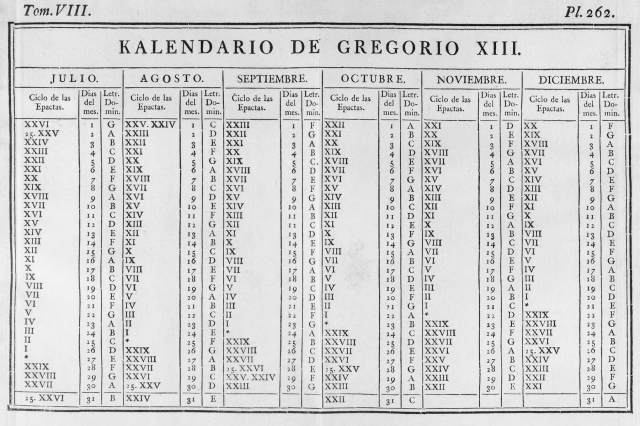 |
The Vikings reached North America before Columbus. |
World History |
 |
| |
| There are two main accounts of the Norse journey to North America. The Saga of Erik the Red (Erikson's father) suggests the explorer made his way across the Atlantic by accident en route from Norway to Greenland. The Saga of the Greenlanders, meanwhile, claims it was indeed intentional. Having heard about the strange new land from Bjarni Herjólfsson, an Icelandic trader who had seen North America but not set foot on it after overshooting Greenland on a journey of his own a decade earlier, Erikson was inspired to make the voyage himself. Upon his successful arrival in present-day Canada, he named it "Helluland" — Old Norse for "Stone Slab Land." It's believed that this was Baffin Island, which certainly fits the description. | |
 | |
 | |||||||||
By the Numbers | |||||||||
| |||||||||
| |||||||||
 | |||||||||
| |||||||||
The word "Viking" means "pirate raid." | |||||||||
| If you've ever thought that the word "Viking" sounds like a verb, you might be onto something. Though the origins are disputed, the word likely comes from the Old Norse "vīk," referring to a bay or inlet. (Anyone who's been to Iceland will recognize the root word, as the country of fire and ice's capital is Reykjavík and its southernmost village is simply Vík.) This evolved into "viking," which roughly translates to "pirate raid." Not all Vikings were pirates — many were humble farmers who may well have resented their people's reputation for pillaging villages — but those who did engage in the pastime were said to be "going a-viking." | |||||||||
 | |||
Recommended Reading | |||
 | |||
| | |||
 | |||
| | |||
| + Load more | |||
| |||||||||
| 700 N Colorado Blvd, #513, Denver, CO 80206 | |||||||||
|





No comments:
Post a Comment